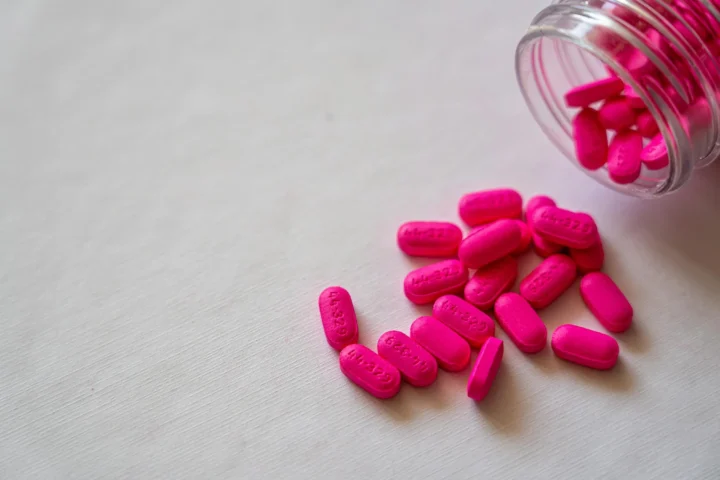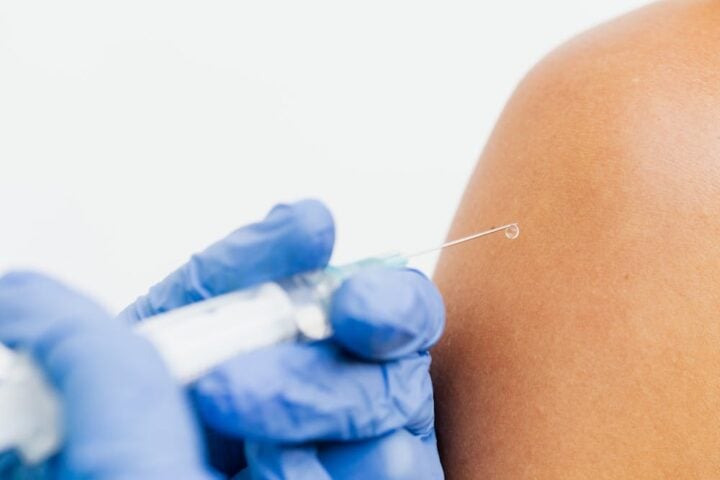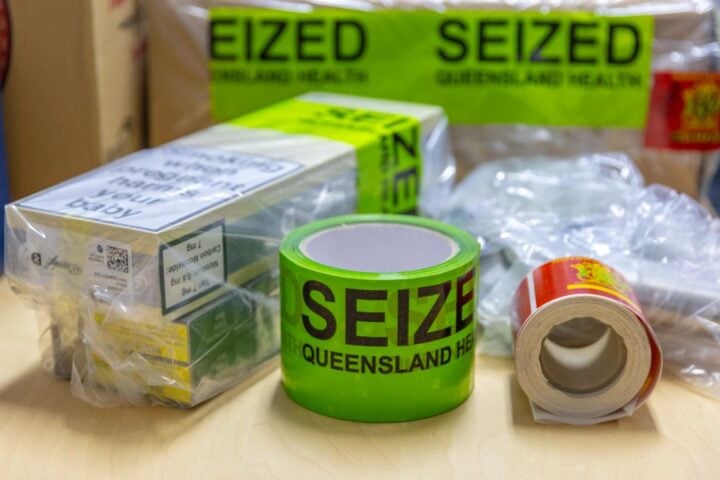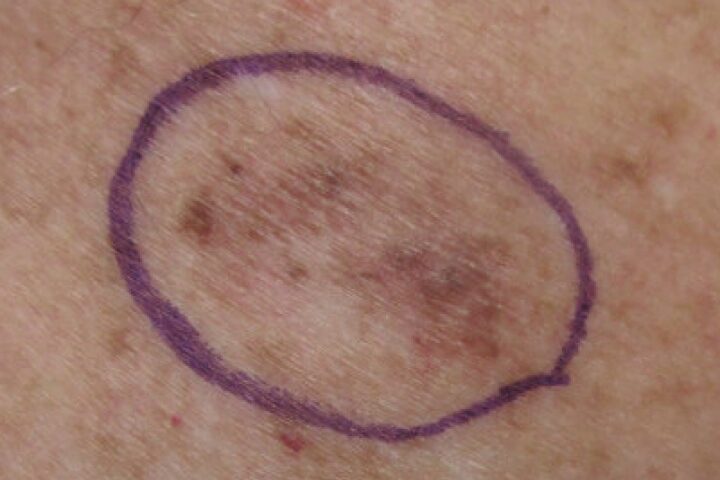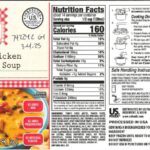Illinois state senators approved legislation on Thursday to ban several food additives that have been found to cause adverse health effects.
The Illinois Food Safety Act, introduced by State Senator Willie Preston (D-Chicago), would prohibit the manufacture and sale of foods containing brominated vegetable oil, potassium bromate, propylparaben, or red dye 3. These are commonly found in sodas and sweets.
Senate Bill 2637, known as the Illinois Food Safety Act, passed with a bipartisan vote of 37-15 and will now head to the House for consideration. The banned chemicals would include brominated vegetable oil, red dye No. 3, propylparaben, and potassium bromate.
These additives are used in a wide variety of food products. Brominated vegetable oil is a stabilizer used to keep citrus flavoring in sodas from separating and floating to the top. Propylparaben and potassium bromate are used in baked goods as preservatives. Red dye 3 is a common food dye used in candy and other products.
“This legislation does not seek to ban any product or take away any of our favorite foods,” Preston said in a press release on Wednesday. “This measure sets a precedent for consumer health and safety to encourage food manufacturers to update their recipes to use safer alternatives.”
“(Red dye 3) was banned by the FDA for use in cosmetics over 30 years ago. So, the FDA doesn’t allow you to put it on your face for makeup. But still, kids are eating this in candy,” said McClure in the Senate on Thursday. “That to me is outrageous. That’s why I am voting for this bill.”
Industry groups such as the Illinois Manufacturers’ Association have expressed consistent opposition to the bill throughout the legislative process. In January, it was reported that the IMA had issued a statement criticizing the well-meaning legislation, arguing that it would compromise the FDA’s authority and adversely affect the economy of Illinois by creating a complex and expensive set of regulations.
Similar Posts
Similarly, the National Confectioners Association has voiced concerns, suggesting that the bill would lead to higher food costs, diminish consumer confidence, and introduce uncertainty regarding food safety. The association emphasized that food regulation should be based on the scientific standards upheld by the FDA.
The additives would be banned from manufacturing starting January 1, 2027, with the sale, delivery, distribution, and holding of products containing the additives being banned starting in 2028. “We have given an extension to retailers, an extension for an extra year, for them to get in compliance,” added Preston. “We don’t intend to fine people out of business at all.”
Violators are subject to fines of up to $5,000 for their first offense and up to $10,000 for each subsequent offense.











